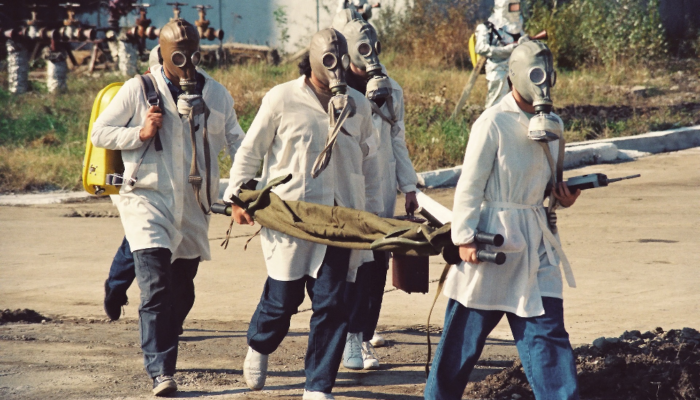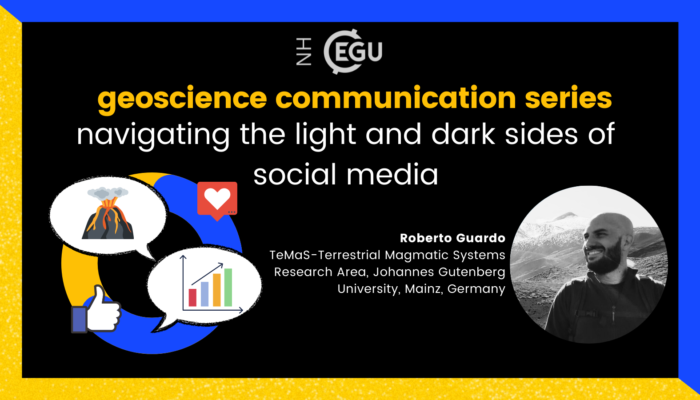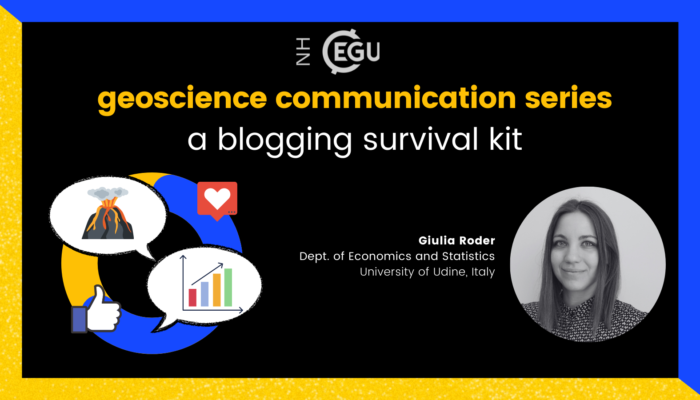Natural hazards that impact industrial sites and result in technological accidents, causing the release of hazardous substances, are referred to as Natech events. In the popular imagination, Natech accidents are triggered by major natural hazard events. However, experience tells us that low magnitude natural events, such as lightning or heavy rains, are sufficient to cause enormous adverse effects ...[Read More]
Geoscience communication series: navigating the light and dark sides of social media
We are thrilled to present the last episode of the EGU WEBINARS: Digitalk: online (geo)science communication series. In this episode, we will explore the light and the dark sides of using social media for science communication by a special guest, Roberto Guardo. Roberto wished to engage in science communication just after completing his PhD. “I have never liked writing scientific papers,” he said ...[Read More]
Geoscience communication series: the perfect vlogging recipe
Last year, we left you with an inspiring post about scientific blogging, where Giulia Roder, one of the authors of the EGU-NH blog, shared her ‘blogging survival kit’. Today we continue the series of EGU WEBINARS: Digitalk: online (geo)science communication exploring ‘the best vlogging recipe’ with Iris van Zelst, a researcher at the German Aerospace Center with a great passion for geoscience comm ...[Read More]
Geoscience communication series: a blogging survival kit
Science communication is the practice of informing and inspiring the public about scientific knowledge. It comes in different forms, from documentaries, books, academic publishing, mass media journalism, to public talks. These days, digital communication, including blogging, vlogging, podcasting, and social media, has become an increasingly popular form of science communication, reaching a wide au ...[Read More]




